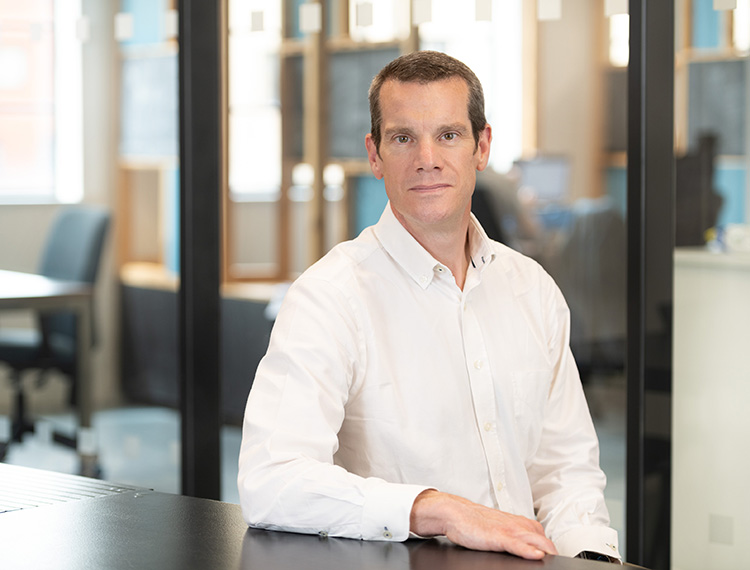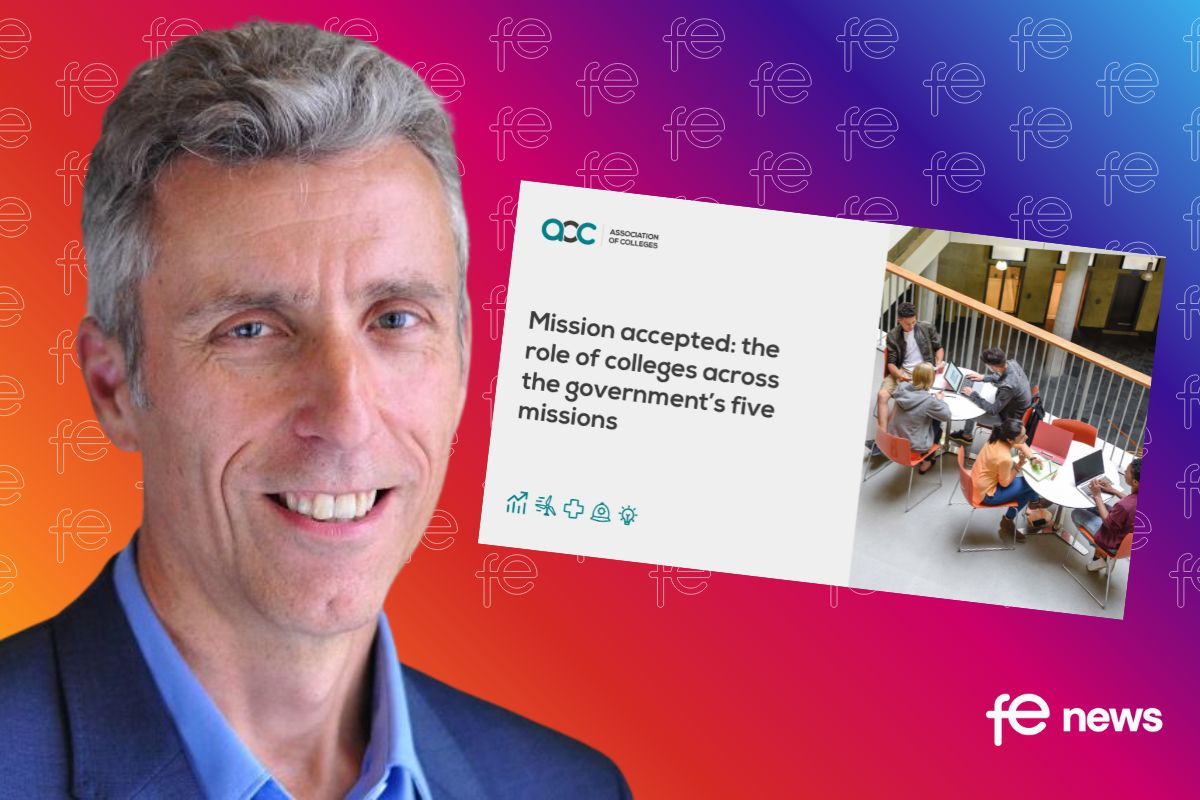Supporting Care Leavers Through University

This week is national care leavers week in the UK, where we celebrate the achievements and good stories of care leavers. Unfortunately, with every great care leaver success story, there are multiple other tragic cases of care leavers ending up in dire circumstances, whether it be homelessness, unemployment or untimely deaths. We, as a society, are too often failing care leavers.
As the name suggests, ‘care leavers’ are adults who have left the care system by the age of 18. However, young people can also opt to leave care at 16. Once out of care, these young adults are left on their own to figure out basic aspects of independent living such as housing, food, insurance, car payments, and university applications with little to no support. These are things that most 16 year-olds in this country don’t have to think about, but for care leavers, they do. And it can be a matter of life or death if they don’t.
One third of care leavers become homeless within the first two years of leaving care and 25% of all homeless people have been in care at some point in their lives. While there are a number of charities doing amazing things for these people, monetary donations can only go so far. We need to equip care leavers, early on, with the right tools to support themselves. Access to higher education is pivotal in this.
University is a great equaliser and a catalyst for personal development. It is a place where young people develop independence and experience the formative first years of adulthood in what is usually a supportive environment. However, only between 6-12% of care leavers go into higher education compared to 42% of their non-care-experienced peers. Why is this?
The key drivers that cause care experienced young people to choose not to go to university include:
- A lack of information and advice when choosing universities and courses
- Changes of residential placement when preparing for teenage examinations
- Uncertainty about available financial support
- Anxiety about accommodation
- Additional academic challenges due to gaps in understanding, resulting from disrupted schooling
- Mental health issues associated with childhood experiences
This boils down to a total lack of coordinated support and resources in these areas. However, universities alone cannot equalise the higher education experience of care leavers; other organisations need to assist in supporting these disadvantaged students.
The CareTech Foundation saw this as an opportunity to help these young people by working with existing institutions who are excelling in this area. We have developed a grant programme, awarded through the University of East London (UEL) and other universities, called the ‘Care Leavers Bursary Grant’. This new fund aims to support, encourage and celebrate care leavers going into higher education.
Our grant will offer a bursary of £1,000 a year to a student studying a health or social care course at one of our partner universities. We will offer support to up to five young people at any one university per year, but these will be multi-year commitments to provide ongoing support through the student’s university careers.
Over many years, UEL has supported one of the highest number of care leaver students in the country and so it is a perfect fit for what both of our organisations are trying to achieve with this incredible group of young people. UEL will also work to actively promote the grant to incoming students from a care leaver background and report on their progress annually, ensuring there is clear communication and both the CareTech Foundation and partner university can provide the best levels of support.
Through this support, we hope to address an unfortunate pattern that we have seen too often in care leavers at this age. Once they are on their own, their primary focus is, understandably, a simple matter of survival. “How will I put a roof over my head? How I am going to feed myself? How am I going to pay for all of this? Where do I begin?” Going to university is an afterthought when you are just trying to survive independently without any previous guidance and support. Lack of accessible knowledge and misconceptions about available support for young care leavers leads to the disturbing statistics mentioned above. More needs to be done to let care leavers know that support is there and that they have options available to them.
But having care leavers enroll university is just half the battle. According to the Pathways Report conducted by the University of Sheffield, 51% of care-experienced students considered dropping out of university due to workload, health, money or personal/family issues. Convincing care leavers that university will be worth it to them and to maintain their studies is just as important as having them enroll.
That is why, as part of our grant, specialist social care provider CareTech plc will be supporting grant recipients with the opportunity to gain work experience for the duration of their education across the business. The idea is to help care-experienced young people and bring them into an environment where they develop and excel. The work experience opportunity with CareTech plc and its subsidiaries makes this a fully-rounded offering, where it is not just financial support in the shape of a bursary grant but also work experience and possible job prospects too.
Never before has a care sector organisation offered this kind of support and it is something sorely lacking. We are working to change that with this grant and, eventually, with the help of other care and educational leaders who we hope will adopt this model in the future.
Despite childhood challenges, care leavers have proven time and again that they are just as capable as their peers and that they bring a set of valuable experience and ideas to the workplace. This is especially true of the care sector that is in desperate need of a new pipeline of young talent for the years to come. The motivation, determination and resilience of care-experienced young people is inspirational – and very beneficial to future employers. Helping these individuals to access and thrive at university makes a huge difference in closing the gap between them and their cohort at this critical stage. It is the right thing to do morally but it also makes sound business sense to invest in these remarkable young people.
Jonathan Freeman, CEO of the CareTech Charitable Foundation











Responses